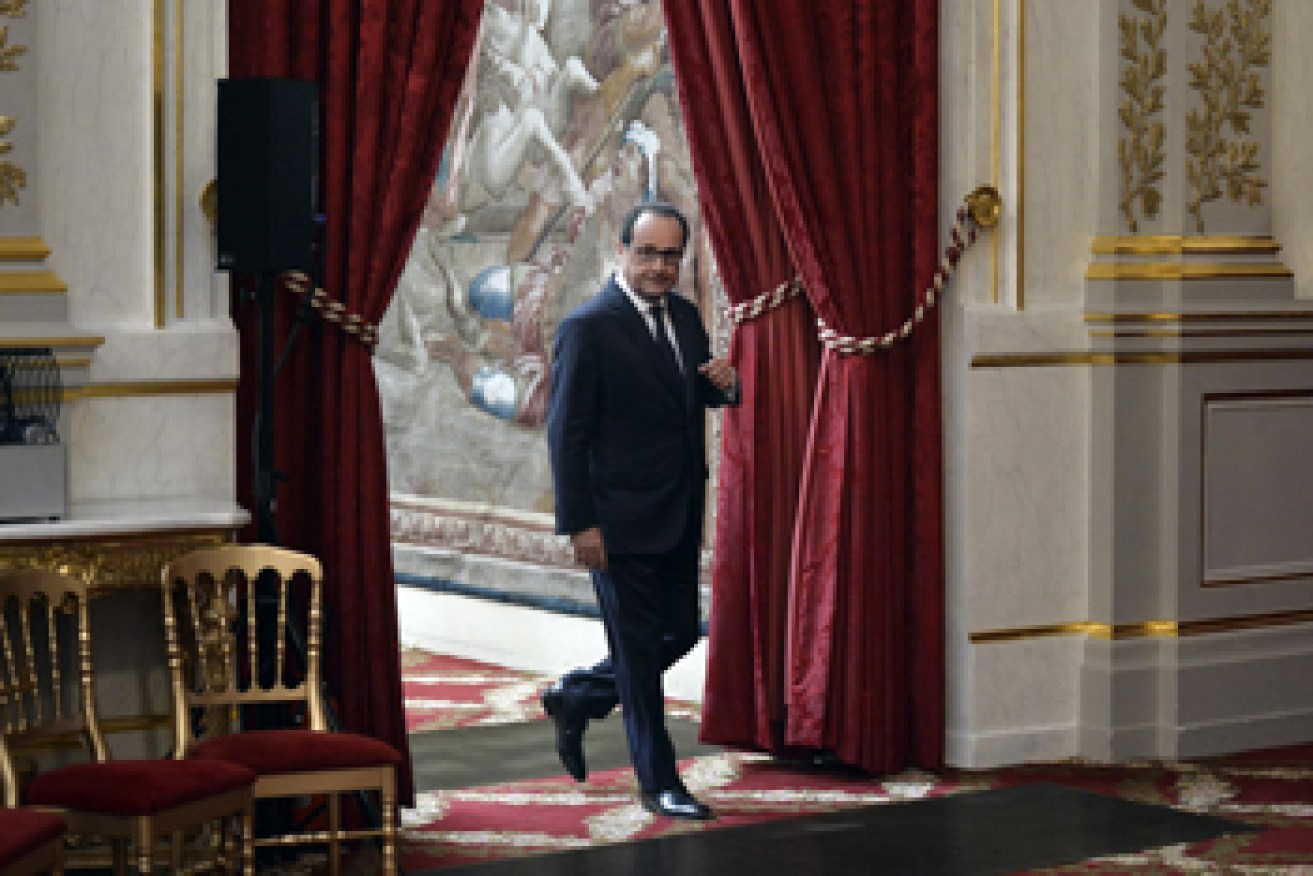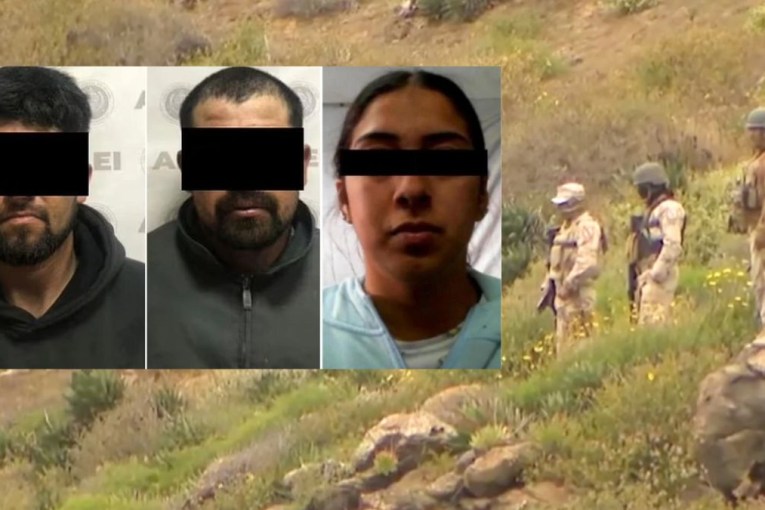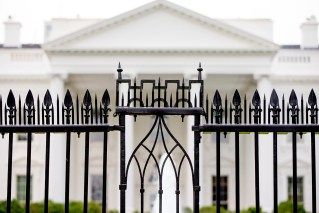What the Paris attacks mean for the world


French president Francois Hollande has sworn to retaliate. Photo: Getty
The Paris attacks are dominating the Western press. And while all manner of commentators are offering insights into relevance of the attacks, it is worthwhile to look at some of the broader implications.
Advanced planning and operational capabilities
These attacks are not a game changer, but they do present worrying signs that jihadi capabilities in Europe have developed a greater degree of professionalism.
• Paris terror attacks ‘the work of the devil’
• Severed fingertip a key in identifying terrorist
• Australia could ramp up involvement in Middle East
Firstly, the operational security practiced by the attackers must have been of high quality for them to pass under the security services’ radar (unless there has been a fault with the security services of which we are unaware). Lone wolves are very hard to stop because of their small signature. The more complex the attack and the more moving parts it has, the greater the likelihood that it could be compromised.

French president Francois Hollande has sworn to retaliate harshly. Photo: Getty
Secondly, multiple attacks were carried out by the same group using both small arms and suicide vests, perhaps with the assistance of someone sent from Syria. ISIS has used suicide vests and small arms before (a lone gunman killed 38 people in Tunisia including 30 British tourists last year), and has even brought in external actors to support mass casualty attacks (as in the case of the Kuwaiti mosque bombing earlier this year). But this appears to be the first time that small arms, suicide vests and external actors have all been employed on the same operation in Europe.
If the Russian airline bombing is linked to ISIS then it indicates both an aspiration to inflict more spectacular attacks, and an improvement in the planning capabilities necessary to carry out such attacks.
The timing is unlikely to be coincidental
I have written before about the way in which ISIS seeks to dominate the media space to project a sense of omnipotence and power. This is particularly when it faces pressure on the battlefield.
In the space of 36 hours we saw suicide bombings in Baghdad and Beirut and the attack in Paris. This is unlikely to be coincidental, and more likely to be the result of explicit direction from ISIS central or implicit guidance understood by its affiliates.
In the last week and a half, the news regarding ISIS showed Kurdish forces re-taking Sinjar in Iraq, Iraq government forces closing in on Ramadi, Syrian government forces breaking a two-year siege by ISIS of the Syrian airfield at Kwereis and the likely killing of the ISIS Western poster-boy ‘Jihadi John’. With the entry of Russian forces into Syria, and the bolstering of Assad’s ground forces by Iran and its militia allies, the ISIS main forces are under increasing military pressure on multiple fronts in the Middle East.
Increases chances of negotiated solution in Syria

Parisians evacuated from the Bataclan theatre, where 89 people were gunned down. Photo: Getty
The Russian intervention in Syria is becoming less and less antithetical to Western interests. Although it was claimed the introduction of Russian air power made the Syrian conflict even more complicated, Moscow has always seen it in binary terms; from its point of view, you’re either with Assad or against him.
And if you’re looking for a negotiated outcome the weakening of all Syrian opposition groups’ military capabilities may make them more amenable to a negotiated solution while they still have some leverage.
This will be vigorously opposed by Turkey and Gulf States like Saudi Arabia and Qatar, but at the moment the political stocks of states ruled by Islamists are low and getting lower.
The implication of possible links between refugees and terrorism
If proven, the nexus between asylum seeker flows and terrorism will provide further impetus for increased focus (and perhaps greater compromise) on a negotiated outcome to the Syrian civil war. While the quantum of security threats posed by bogus asylum seekers remain tiny, it matters little in the court of public opinion and therefore becomes a major political issue. And any negotiated outcome, particularly one established in the not too distant future, would favour the bulk of the regime.
If an outcome is achieved on the Syrian diplomatic front, then the vast majority of Syrian asylum seekers flooding into Europe will end up back in Syria. In Syria itself, President Assad must be silently thanking ISIS every time it carries out another atrocity.
This article was first published online by independent think tank The Lowy Institute. Associate Professor Rodger Shanahan is a Research Fellow at the institute.









